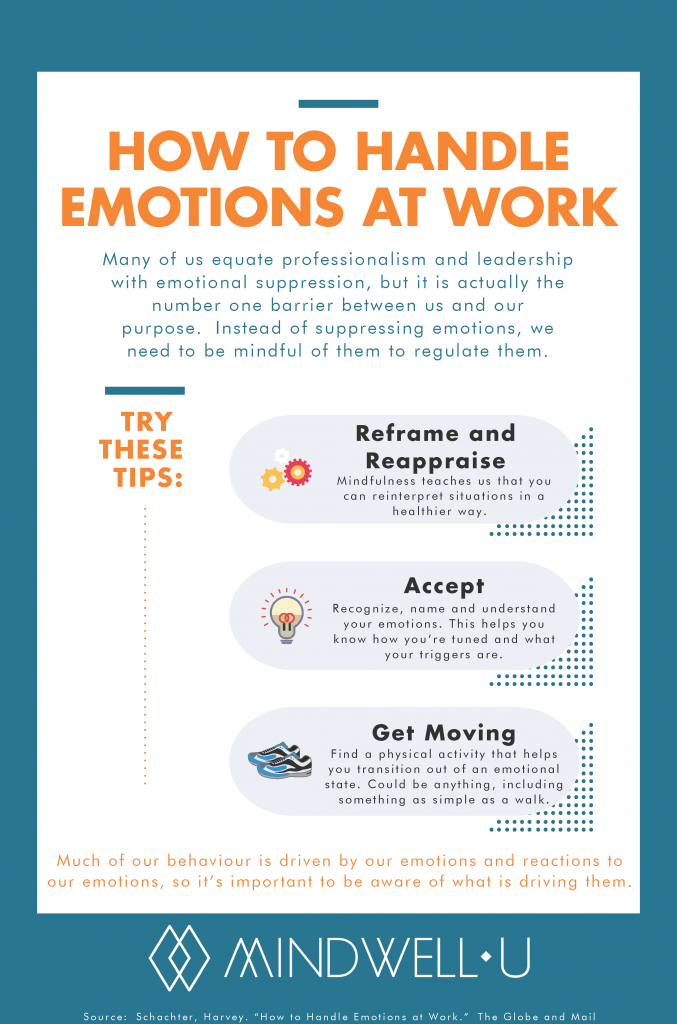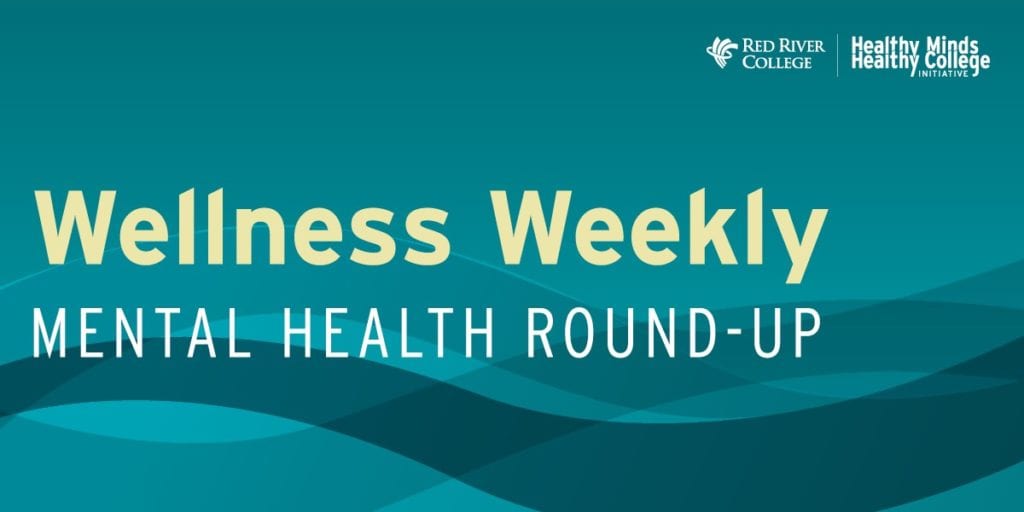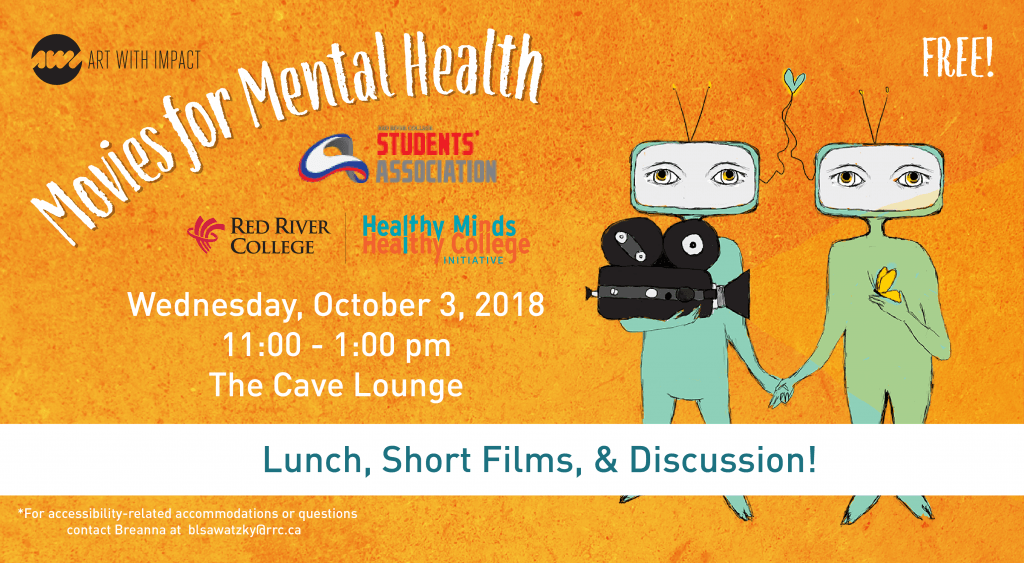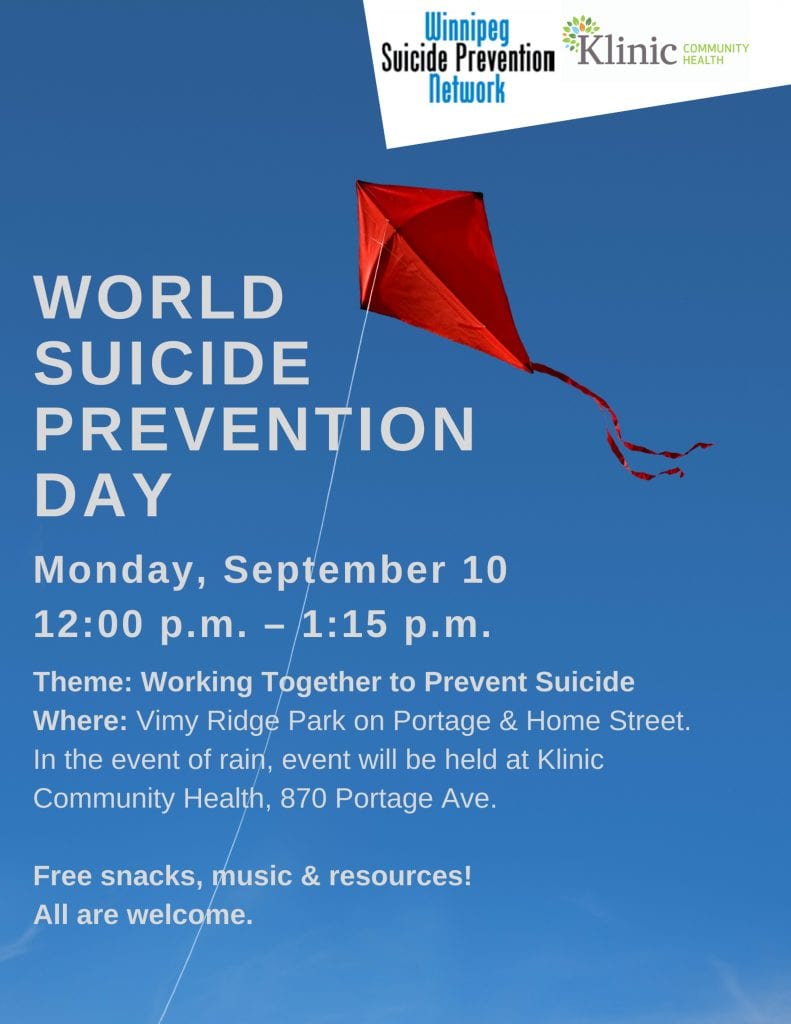New Light Therapy Stations in the Library
Due to our northern latitude, many Winnipeggers experience Seasonal Affective Disorder (SAD), while others experience a milder form of winter blues. SAD is a form of depression that occurs mostly during the fall and winter months, when days shorten and sunlight decreases.
Light therapy, sitting near a specialized light each day, is one form of treatment. This is why we’re pleased to announce that both the Notre Dame and Exchange District Campus Libraries now have light therapy stations.
If you’ve been feeling changes to your mood, lower energy levels, or any of the symptoms listed below, you may want to give light therapy a try. Staff and students are invited to work or study at the station anytime the library is open.
You may also loan a smaller, portable lamp from A/V Services. That lamp may be used anywhere in the library that is near a power outlet. You’ll find instructions on proper use as well as important notes posted above the lamp.
To be effective, light from the lamp must enter your eyes indirectly. While your eyes must be open, don’t look directly at the light. Keep your session to 30 minutes, unless otherwise directed by a physician.
Symptoms of Seasonal Affective Disorder (S.A.D.)
- Feeling tired, depressed or sad
- Increased appetite
- Craving for carbohydrates and starchy foods
- Weight gain
- Sleeping more than usual
- Social withdrawal
- Lack of interest in usual activities
- Inability to concentrate, to focus
- Loss of sexual desire
- Body aches and pains
If you feel that you may be experiencing any form of depression, including SAD, please speak to your primary health care provider.
Sources: The Mayo Clinic Website – www.mayoclinic.org and Northern Light Technologies Product Instructions











